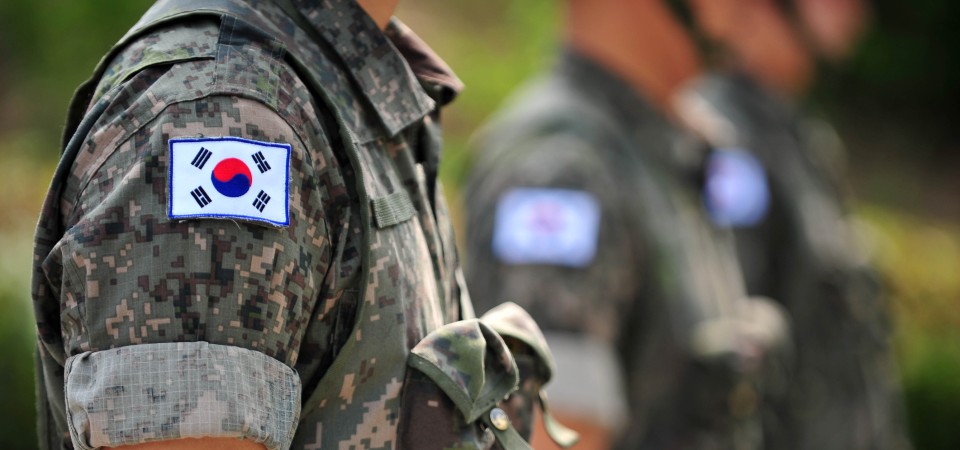Singer and songwriter, Kim Seok-jin (popularly known as Jin), 30, began five weeks of compulsory military training in South Korea by posting a selfie of his new “buzz cut” hairstyle.
There had been speculation this call-up was on the horizon and that upcoming military service for several members of BTS was the real reason for the band’s break-up which had been announced during the summer.
Jin’s service has sparked a debate in South Korea about exemptions for its stars, echoing similar discussions when Tottenham Hotspur footballer and national captain Son Heung-min was called up in 2020. Son was excused the full 21 months of service and only served three weeks thanks to having led his team to victory in the 2018 Asian games. Jin, by contrast, is still required to complete an 18-month posting.
Military service – sometimes called national service or conscription – is compulsory for all able-bodied men in South Korea and young Korean migrants living and working in other countries – such as Son, for example.
‘Moral fibre’
More than 70 countries worldwide have military training of some sort for their young adult citizens. These include other countries in Asia such as China and Singapore, but also European countries, including Austria, Finland, Norway and Greece. Only Israel and North Korea have mandatory conscription for women as well as men.
Geographical research shows that mapping national service matters. It can reveal a lot about an individual nation’s hopes and fears. For example, Taiwan very recently extended its compulsory military service from four months to one year, likely due to growing geopolitical tensions with China.
In the UK, national service ran from the second world war until the early 1960s. Since then, there have been regular calls from famous figures, commentators and politicians to “bring it back”, including from Prince Harry. These nostalgic requests often happen during times of national crisis or in response to a youth crime event or perceived youth apathy. These calls therefore reveal wider anxieties about young people’s character, duty, discipline and “moral fibre”.
Continues…

For the full article by Dr Sarah Mills and Sophie Milnes visit the Conversation.
